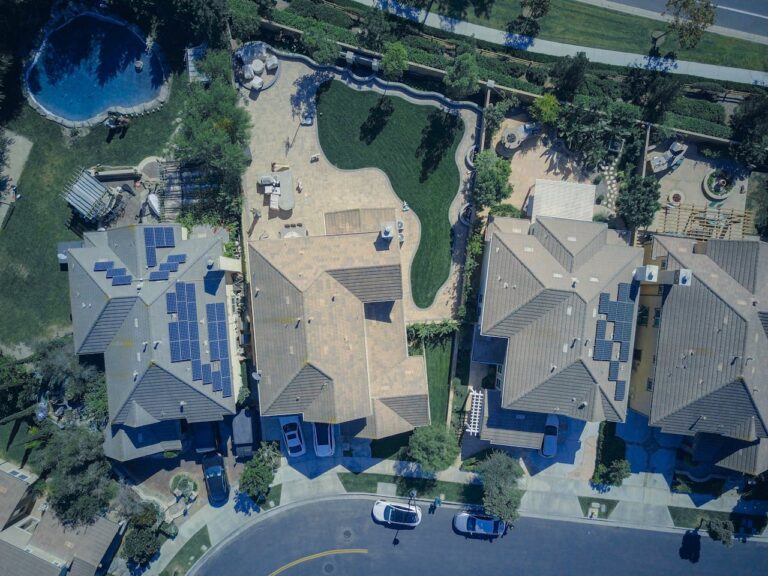Imagine the power to transform empty lots into thriving communities or to turn an old, underutilized building into a beacon of modern living. This is the world of real estate developers—visionaries and strategists who play a pivotal role in shaping our urban landscapes. If you’ve ever wondered who orchestrates the creation of the neighborhoods we live in or the skyscrapers that define our skylines, you’re about to dive into the fascinating world of real estate development. Let’s explore the intricate roles, challenges, and rewards of being a developer, and how they contribute to the ever-evolving tapestry of our built environment.
Who is a Developer?
A developer is a key figure in the real estate ecosystem, responsible for overseeing the entire process of property development—from concept to completion. Developers work to ensure that projects are not only financially viable but also meet the needs of the community and comply with regulations. Their work involves a wide array of tasks, including:
- Identifying Opportunities: Finding and evaluating potential sites for development.
- Planning: Designing the project layout, securing necessary permits, and assembling a team of architects, engineers, and contractors.
- Financing: Securing funding from investors or financial institutions to bring the project to life.
- Construction Management: Overseeing the construction process to ensure it stays on schedule and within budget.
- Marketing and Sales: Once construction is complete, developers may also manage the marketing, leasing, or sale of the property.
Why Developers Matter
- Community Building: Developers play a crucial role in creating spaces that foster community and improve quality of life.
- Economic Impact: They drive economic growth by creating jobs and stimulating local economies through their projects.
- Innovation in Living Spaces: Developers push the boundaries of design and functionality, leading to innovative living and working environments.
The Development Process – A Step-by-Step Guide
1. Site Selection and Acquisition
The journey begins with identifying a suitable location. Developers conduct extensive research to find areas with potential for growth and profitability. Once a site is selected, they negotiate its purchase or lease.
2. Feasibility Studies and Planning
A crucial phase involves assessing the feasibility of the project. This includes financial projections, environmental impact assessments, and compliance with zoning laws. Developers work with planners and architects to design the project’s layout and features.
3. Securing Financing
Financing is a critical aspect of development. Developers often rely on a mix of equity from investors and loans from financial institutions. They must present a compelling business case to secure the necessary funds.
4. Obtaining Permits and Approvals
Before construction can commence, developers must navigate the complex web of permits and approvals required by local authorities. This can involve public consultations and negotiations with government bodies.
5. Construction Management
With plans and permits in place, the construction phase kicks off. Developers coordinate with contractors and construction managers to ensure the project progresses smoothly and adheres to the timeline and budget.
6. Marketing and Sales
As the project nears completion, developers focus on marketing the property. This involves creating buzz and attracting potential buyers or tenants through strategic advertising and promotional events.
Challenges Faced by Developers
- Regulatory Hurdles: Navigating the complex regulatory landscape can be time-consuming and costly.
- Market Fluctuations: Developers must be adept at predicting and adapting to market trends to ensure project viability.
- Financial Risks: The financial stakes are high, with the potential for significant losses if projects do not succeed.
Opportunities for Aspiring Developers
- Urban Revitalization: Many developers focus on transforming neglected urban areas into vibrant communities.
- Sustainable Development: There’s a growing demand for eco-friendly and sustainable building practices, offering new avenues for innovation.
- Technological Integration: Developers are increasingly incorporating technology into their projects, from smart home features to energy-efficient systems.
Exploring Further Resources
For those interested in delving deeper into the world of real estate development, these resources offer valuable insights:
- Urban Land Institute provides insights into real estate trends and best practices in urban development.
- The Real Estate Development Process offers a detailed overview of each phase in the development journey.
- National Association of Home Builders is a resource for trends, data, and advocacy in the home building industry.
Conclusion
The role of a developer is both challenging and rewarding, requiring a blend of creativity, strategic thinking, and business acumen. Developers have the power to shape our cities and communities, leaving a lasting impact on the world around us. As the demand for innovative and sustainable living spaces continues to grow, so too does the importance of developers in crafting the environments where we live, work, and play. Whether you’re considering a career in development or simply curious about the process, understanding the nuances of this dynamic field is both enlightening and inspiring.






